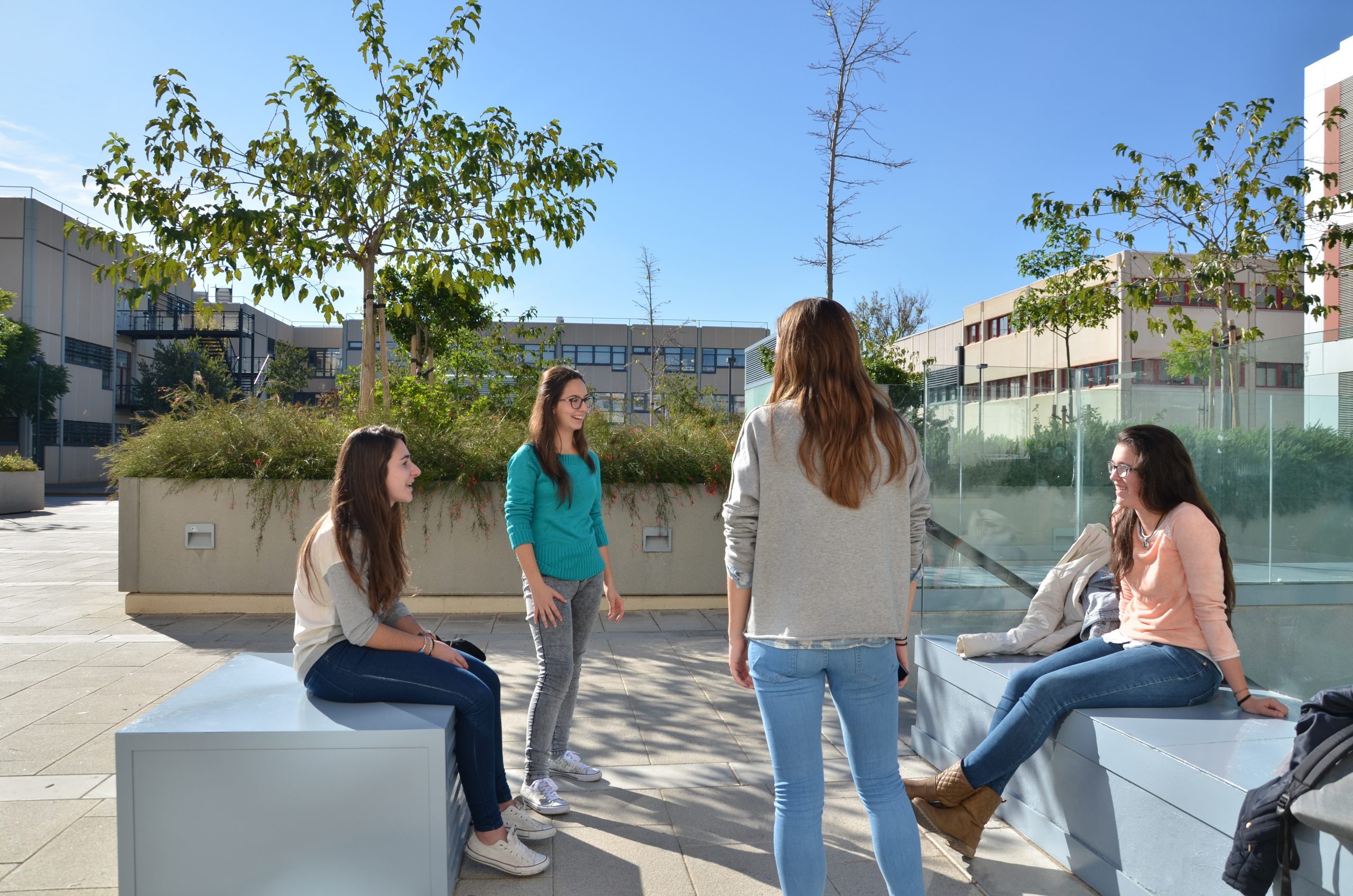
Double Masters
Study a Double Master’s Degree at the center
The Escuela Técnica Superior de Ingeniería Agronómica y del Medio Natural is located within the Universitat Politècnica de València, in the Vera Campus. It has numerous modern facilities that make this School an optimal place for teaching and research. It is a School in expansion, with international projection, which opens new horizons to all its students and offers them numerous academic activities as well as comprehensive training.

Double Master’s Degree in Agronomic Engineering + Bioenvironmental and Landscape Engineering
The Master’s Degree in Agricultural Engineering (MUIAGRO) qualifies students to practice the regulated profession of agricultural engineer, while the Master’s Degree in Bioenvironmental and Landscape Engineering (MUIBIP) trains professionals from the world of Engineering and the Environment who are able to analyze, diagnose, plan and manage projects from the perspective of Bioenvironmental and Landscape Engineering. Environmental Engineering, because the competencies, skills, abilities and learning outcomes to be developed fall in this field, and with the prefix “bio”, because it is in the field of biosystems where they will be mainly developed.
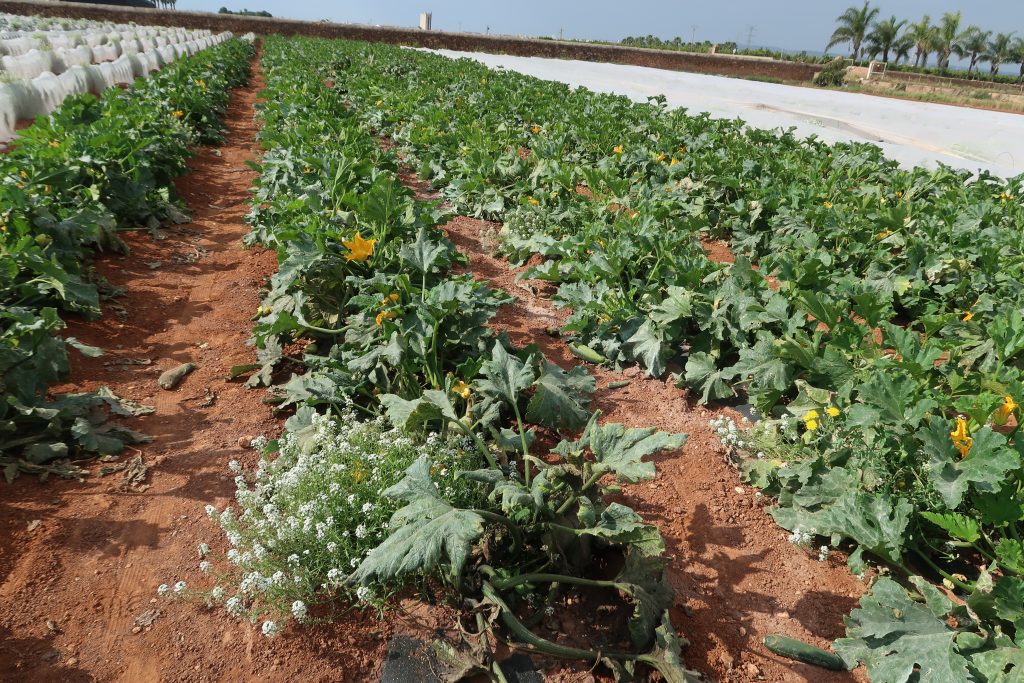
Double Master’s Degree in Agronomic Engineering + Plant Health and Production
The Master’s Degree in Agricultural Engineering (MUIA) qualifies students to practice the profession of Agricultural Engineer, while the Master’s Degree in Plant Health and Production (MUSPV) is oriented towards the acquisition of competencies in the fields of agricultural health and production technologies.
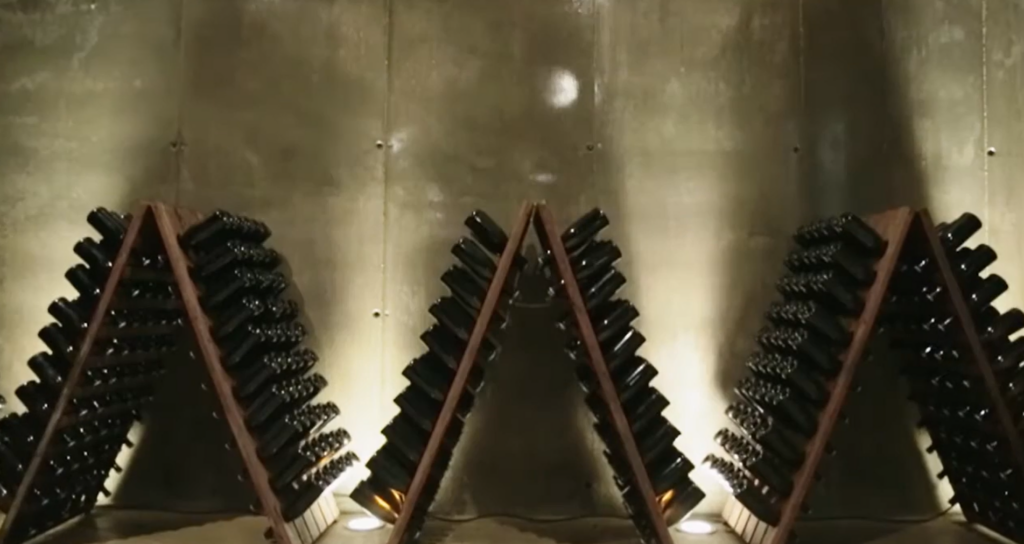
Double Master’s Degree in Agronomic Engineering + Oenology
The Master’s Degree in Agronomic Engineering (MUIAGRO) qualifies students to practice the regulated profession of agricultural engineer, while the Master’s Degree in Oenology (MUENO) is aimed at training professionals in wine production and winemaking, technicians and managers of companies in the sector and future researchers and specialists in wine technology and innovation.
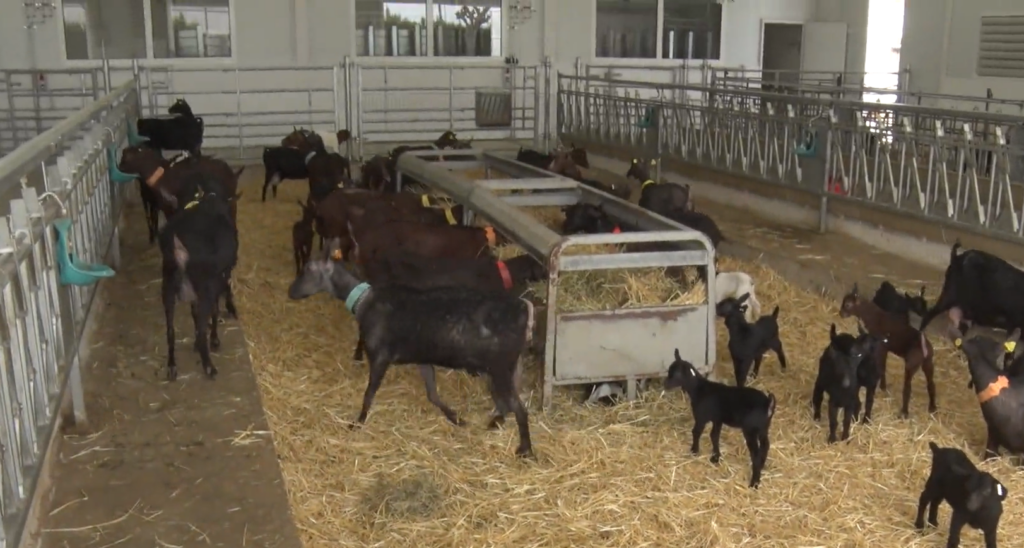
Double Master’s Degree in Agronomic Engineering + Precision Livestock Breeding
The Master’s Degree in Agronomic Engineering (MUIAGRO) qualifies students to practice the regulated profession of agronomist engineer, while the Master’s Degree in Precision Livestock Production (MUGP) aims to complete the training in the main aspects towards which livestock production is heading in the present and future. These aspects are: the development of monitoring systems, biotechnological tools for the intelligent presentation of molecules and organisms to modulate nutrition, health and animal welfare, and the management of information and results to improve decision-making.
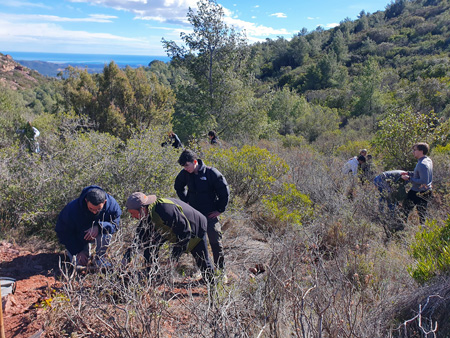
Double Master’s Degree in Forestry Engineering + Bioenvironmental and Landscape Engineering
The Master’s Degree in Forestry Engineering (MUIMO) qualifies for the regulated profession of Forestry Engineer, while the Master’s Degree in Bioenvironmental and Landscape Engineering (MUIBIP) trains professionals from the world of Engineering and the Environment who are able to analyze, diagnose, plan and manage projects from the perspective of Bioenvironmental and Landscape Engineering. Environmental Engineering, because the competencies, skills, abilities and learning outcomes to be developed fall into this field.
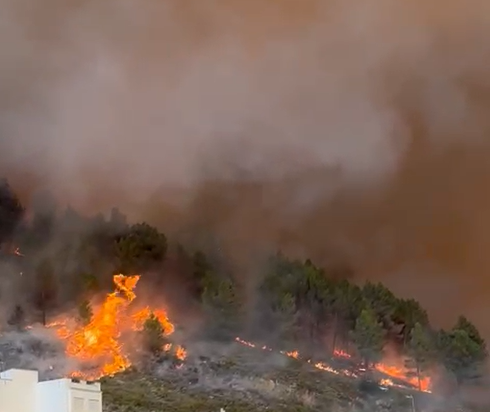
Double Master in Forestry Engineering + Forest Fires, Science and Integral Management
The Master’s Degree in Forestry Engineering (MUIMO) qualifies students to practice the regulated profession of Forestry Engineer, while the Master’s Degree in Forest Fires, Science and Integrated Management trains professionals specializing in forest fires, both in public administrations and in companies.

Double Master in Agronomy Engineering + Plant Molecular and Cellular Biotechnology
The Master’s Degree in Agronomic Engineering (MUIAGRO) qualifies students to practice the regulated profession of agricultural engineer, while the Master’s Degree in Molecular and Cellular Plant Biotechnology (MUBMCP) provides cutting-edge theoretical and practical knowledge necessary to seek novel solutions to the challenges of modern agriculture.
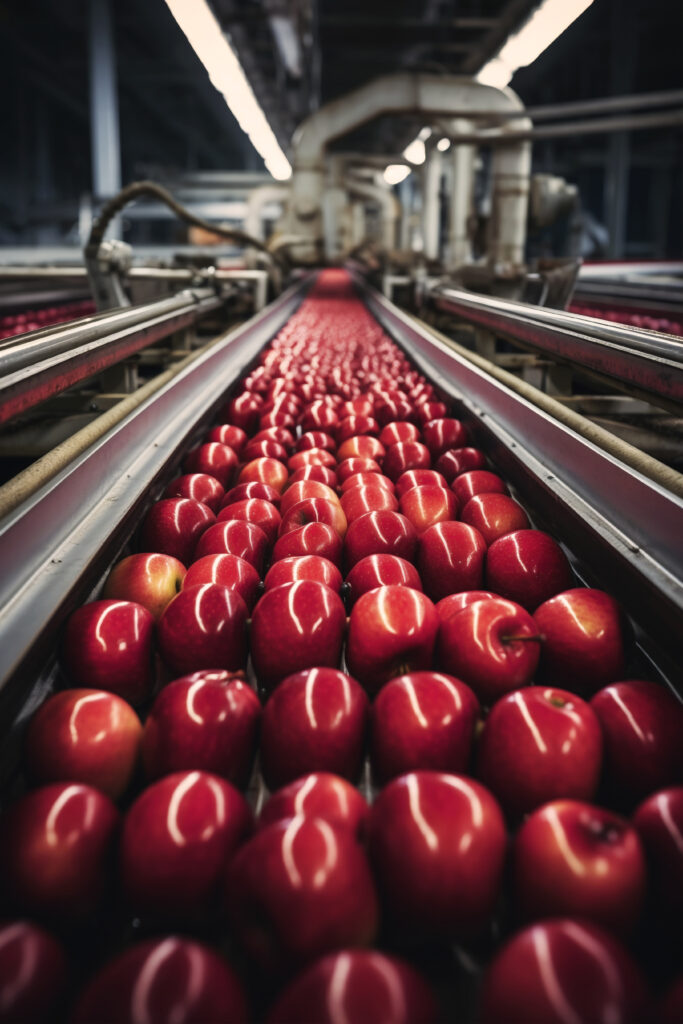
Double Master’s Degree in Agronomy Engineering + Food Science and Engineering
The double degree allows the acquisition of the competencies of both master’s degrees through an integrated academic path. All this at a lower time and economic cost than the cost of obtaining both master’s degrees individually. Thus, a MUIAGRO student, instead of taking the 102 ECTS of the MUIAGRO and the 60 ECTS of the MUCIA, takes a total of 136 ECTS.

Double Master’s Degree in Agronomic Engineering + Agri-Food and Environmental Economics
The Master’s Degree in Agronomic Engineering qualifies students to practice the profession of Agronomist Engineer, while the Master’s Degree in Agri-food and Environmental Economics is oriented to the acquisition of the necessary skills for the development of professional tasks in the field of environmental consultancy, agri-food business management and public management.

Double Master’s Degree in Agronomic Engineering + Food Safety and Quality Management
The Master’s Degree in Agronomic Engineering (MUIAGRO) qualifies students to practice the profession of Agronomist Engineer, while the Master’s Degree in Food Safety and Quality Management (MUGSA) is aimed at acquiring the necessary skills for the direction and management of the agri-food industry, not only from the point of view of economic and financial aspects, but also from those related to the quality and safety of production processes and foodstuffs.
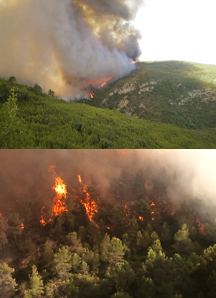
Double Master’s Degree in Forestry Engineering + Forest Fires. Science and Integral Management
The Master’s Degree in Forestry Engineering (MUIMO) qualifies for the regulated profession of Forestry Engineer, while the Master’s Degree in Forest Fires. Science and Integral Management (MasterFuego) trains professionals specialized in forest fires, both in public administrations and in companies. Specialized training in Forest Fires is a priority need in the fight against climate change, since forest fires represent the greatest natural disturbance in the current context of climate emergency.
Read more